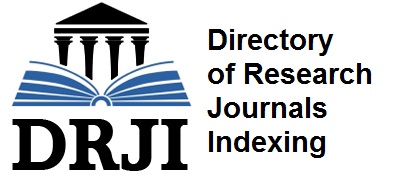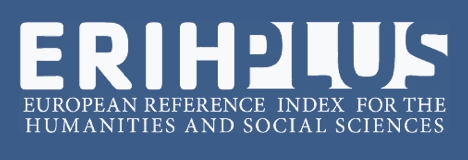La Charia source de la législation? Signification et portée
The Shariah as a source of legislation? Meaning and reach
Abstract
En quoi consiste le projet des islamistes au gouvernement? L’essentiel est de remplir l’horizon mental des Tunisiens de catégories anciennes et de les y habituer. Il est de réveiller dans l’imaginaire et l’inconscient collectifs la nostalgie du passé à restaurer. Les islamistes investissent le politique pour tuer le politique en le chargeant de théologie. Ils investissent l’État pour faire obstacle à la construction de l’État de droit en le soumettant à une Loi déjà faite et en le mettant à son service. Ce faisant ils vident de sa substance la souveraineté populaire et dépossèdent les citoyens de leur pouvoir de faire leur loi. Pour réaliser leur projet, ils ont la lourde tâche de devoir, d’abord, défaire l’oeuvre de l’État moderne et ses lois. Malgré les promesses, ils ne peuvent avoir de la religion qu’une conception légale. Ce serait, dans tous les cas, une régression pour un pays qui était jusque là à la tête du mouvement de réforme et de modernisation politique et sociale.
What is the project of Islamists in government? The key is to fill the mental horizon of Tunisians with old categories and get them used to them. It is to awaken the imagination and the unconscious collective nostalgia for the past to restore. Islamists consider the political to kill it by charging it with. They consider the state to obstruct the construction of the rule of law by subjecting it to an Act already made and by keeping it in its service. In doing so they drain the substance of popular sovereignty and deprive citizens of their power to make their law. To implement their project, they have, first, the difficult task of undoing the work of the modern state and its laws. Despite promises, they have a legal conception of religion. In all cases, it would be a regression for a country that previously led the reform movement and political, social modernization.

This work is licensed under a Creative Commons Attribution-NonCommercial 4.0 International License.
Authors who publish with this Journal agree to the following terms:
Authors retain copyright and grant the Journal right of first publication with the work simultaneously licensed under a Creative Commons Attribution-NonCommercial 4.0 International License.
This Journal permits and encourages authors to post items submitted to the Journal on personal websites or institutional repositories both prior to and after publication, while providing bibliographic details that credit, if applicable, its publication in this Journal.

















